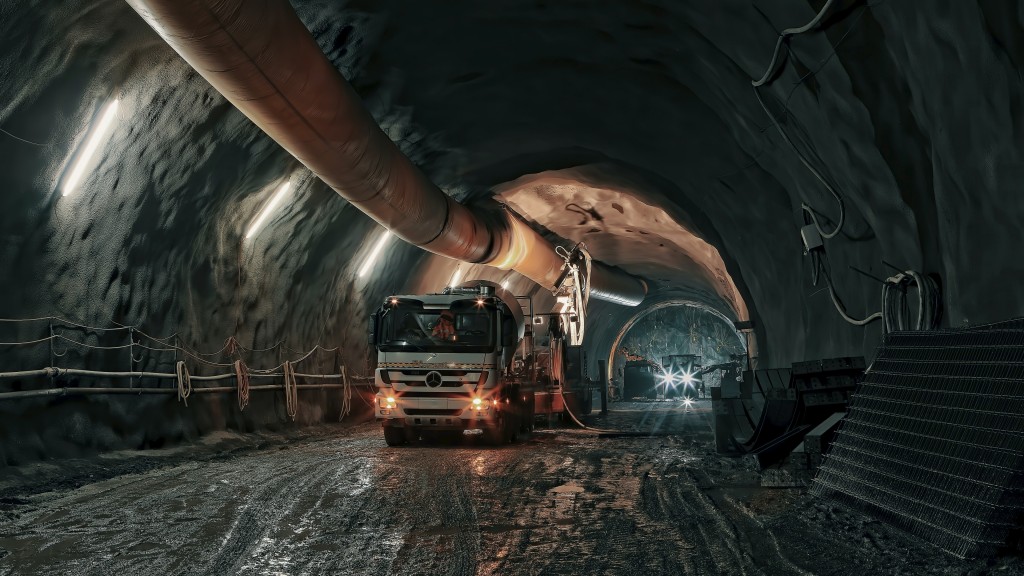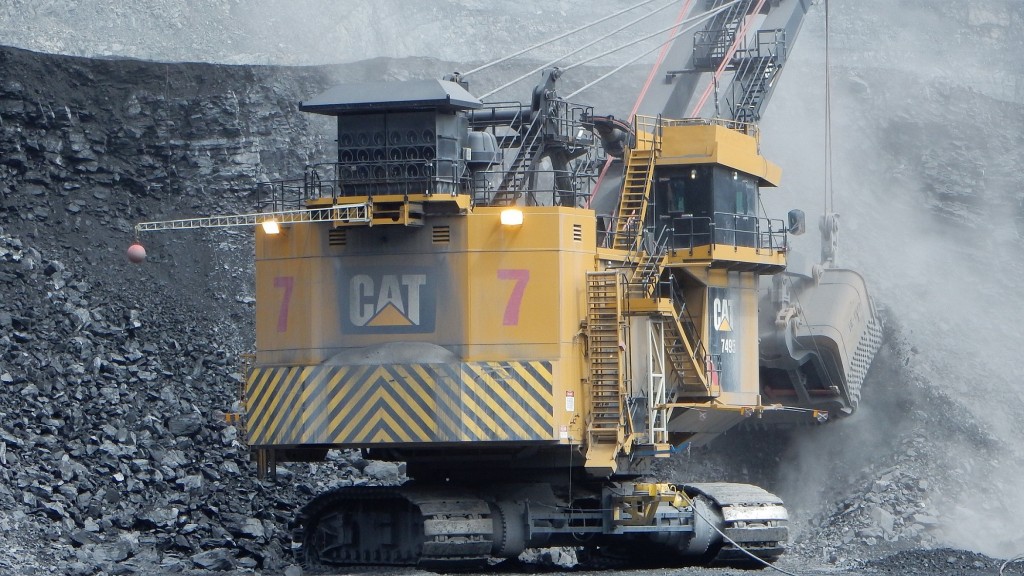How advanced lithium-ion battery technology is being embraced by the mining industry

The mining industry has traditionally utilized diesel-powered equipment as its most resilient option regardless of the heat, noise, and unavoidable pollutant emissions it creates, all of which require extensive ventilation systems to ensure worker health and safety.
However, due to advancements in battery technology, lithium-ion batteries can now take on both the heat and cold of job sites. This new technology helps to prevent disruptions to the battery and greatly increases its potential for use in various applications.
This means more industries – including mining – can embrace electrification, and modern battery-powered equipment can now withstand the inevitable harsh climates of underground mines.
There are, however, several factors to consider when it comes to ensuring that a battery is durable and rugged enough to be used underground.
Engineered for a powerful performance
Underground mines can be extremely hot and humid places to work. So much so that some people can't comprehend the idea of batteries being able to withstand those elements. However, equipment manufacturers and end users shouldn't make the mistake of discounting battery power.
Today's lithium-ion batteries are being engineered with durability as a top priority. Although factors like excessive heat, strong vibrations, and exposure to moisture were previously disruptive to battery power, manufacturers like Vanguard are developing batteries that deliver optimal power performance in the harshest of conditions.
Testing capabilities for batteries have improved so battery developers can now expose their batteries to severe elements in order to ensure that they can deliver powerful, consistent performance when it matters most. Vanguard batteries are designed to operate from as low as -20 degrees C to as high as 70 degrees C.
The brains of a modern battery
Machines used for underground mining must be able to transport heavy loads for many hours on uneven terrain while withstanding intense heat, moisture, dust, and vibrations. Batteries can deliver a seamless and consistent performance in spite of these conditions thanks to the battery management system (BMS).
The BMS is the brain of the battery. It helps to monitor a variety of functions beyond just the temperature of the battery. It is also constantly monitoring charge and discharge currents and the voltages of each individual cell bank to ensure that the battery stays within its operating range.
A BMS enhances the safety and durability of a lithium-ion battery by protecting against over-voltage and low voltage, short circuits, and cold temperatures to help maintain battery life in harsh conditions.
Since the primary safety concern with lithium-ion batteries is a thermal runaway event, the BMS is a critical component. When a lithium-ion battery exceeds its maximum allowable temperature range, it can go into a thermal runaway event where the temperature rises rapidly, releasing the battery's energy. However, proper BMS programming will prevent a battery from operating near these limits to ensure an event does not occur.
Designed to be durable
A poorly designed battery with incorrect housing in an unsafe or uncontrolled environment will have reduced battery safety, health, and power capabilities. Without a sturdy protective casing that is built to be durable and tested to withstand extreme temperatures, impact, vibration, moisture, and dirt, the battery could suffer internal degradation and damage to the cells during operation.
Vanguard battery packs are ruggedly constructed to prevent damage to the internal battery cells. The battery cells are secured within the battery casing and tested to harsh vibration profiles to ensure there is no risk to safety or performance.
Careful spacing of the cells within a battery allows for proper cooling and avoids any issues with a single cell impacting those around it. Additionally, ensuring that the battery casing is sealed in an effective manner protects the electrical componentry from impact, dust, and moisture. The Vanguard battery range has IP66 protection, safeguarding it from dust and moisture.
Improved working conditions
Additional heat production and noise are commonly associated with fuel-powered engines and add to the already challenging working conditions in underground mines.
Battery-powered machinery runs cooler and quieter, creating a more comfortable environment for mine workers while also offering enhanced health and safety benefits.
An electric future
Research and development efforts over the past few years have helped to make lithium-ion batteries more suitable for use in underground mining and other extreme environments.
With proper system management, lithium-ion batteries can combat the demanding conditions of mining, such as heat, moisture, and vibration, while also providing the performance needed to power underground machinery.
As technology around lithium-ion batteries continues to advance and more OEMs look to expand their battery power offerings, experts anticipate that more and more industries, including mining, will go electric.
Nick Moore is the director of product management – electrification at Briggs & Stratton



